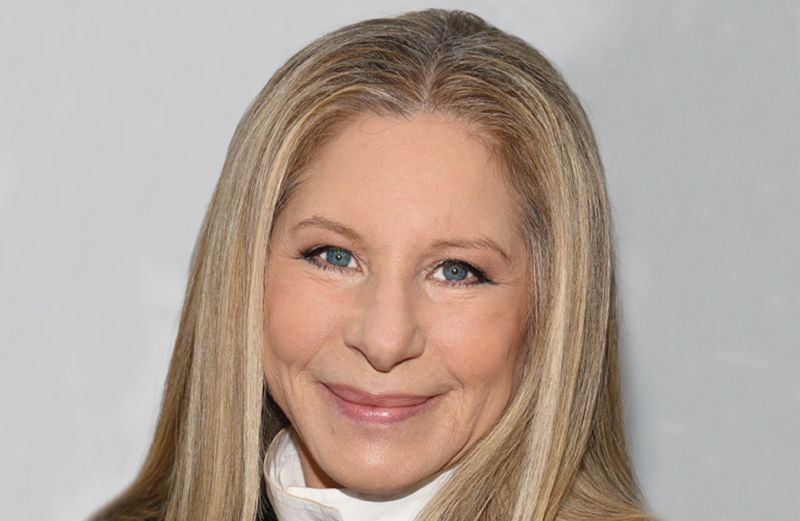Barbra Streisand has a once-in-a-generation voice. She has also made her mark in movies, both as an actress and as a director, and won two Oscars. I admire her faith as well.
I always assumed her beliefs influenced her decision to produce the film Yentl, adapted from a short story by Isaac Bashevis Singer about an Orthodox Jewish girl who disguises herself as a man to go to religious school. But there was more to Barbra’s involvement than I knew.
When Barbra read Yentl, she identified with the main character. Not only had both overcome obstacles in pursuit of their dreams, they had both lost their fathers at a young age. The story stirred in Barbra long-dormant feelings of growing up without her beloved “Papa.”
She thought of adapting the story as a musical for the big screen, but her advisers said she couldn’t pull it off. Even her fans wouldn’t go to a “Jewish” film. Still, for a decade, Barbra didn’t give up the idea.
One day she finally decided to visit her father’s grave and pray for guidance. Accompanied by her brother, she went to the Mount Hebron Cemetery in Queens, New York.
She encircled her father’s tombstone with her arms, placed her cheek against the smooth surface, closed her eyes and prayed. Please send me a sign that will tell me if Yentl is something I should pursue.
Barbra returned to California. She was still waiting for her sign from God when the mail arrived, with a photo her brother had taken of her at their father’s grave.
Something in the corner of the frame caught her attention: the adjacent tombstone, with the name Anshel. An uncommon Yiddish name, but the same one Yentl adopts to enter the yeshiva.
With Yentl, Barbra became the first woman to write, produce, direct and star in a major Hollywood film. Among other accolades, it won an Oscar for the score, which included one of the most powerful songs of Barbra’s career, “Papa, Can You Hear Me?”
Apparently, he did.
Download your FREE ebook, Mysterious Ways: 9 Inspiring Stories that Show Evidence of God’s Love and God’s Grace.





